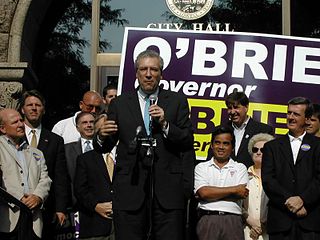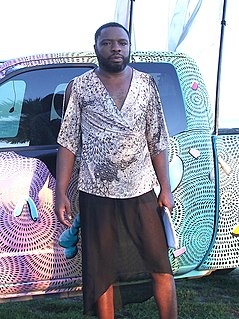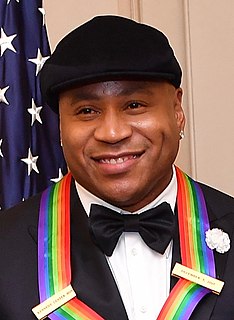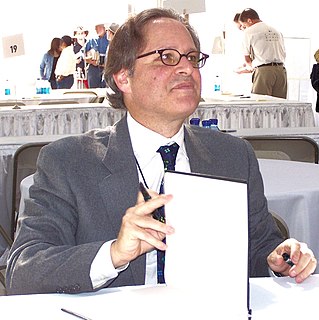A Quote by Michael Craig-Martin
When I was in Wuhan, I went to the art school, which was one of the most important art schools in China, an enormous art school. One of the things that I saw is that the schools are very big and there are so many students. It is very difficult to me to teach creative activity to great numbers of people, because I think you need personal contact with students, you need to speak individually, you need individual contact between teachers and students, you need continuity. To me this is a problem in mass education in every society now.
Quote Topics
Activity
Art
Art School
Because
Between
Big
China
Contact
Continuity
Creative
Difficult
Education
Enormous
Every
Great
Important
Individual
Individually
Many
Mass
Me
Most
Need
Now
Numbers
One Of The Things
People
Personal
Problem
Saw
School
Schools
Society
Speak
Students
Teach
Teachers
The Most Important
Things
Think
Very
Which
Related Quotes
Because they don't teach the truth about the world, schools have to rely on beating students over the head with propaganda about democracy. If schools were, in reality, democratic, there would be no need to bombard students with platitudes about democracy. They would simply act and behave democratically, and we know this does not happen. The more there is a need to talk about the ideals of democracy, the less democratic the system usually is.
We need more concept-development and active involvement, less tuning forks, pulleys, and friction formulas - students know they'll never use those. They need more study of outer space and DNA. They need more exciting teaching, more fair-minded encouragement, more career guidance, more mentorship. Both students and teachers need more feedback. It would help if we stopped protecting bad teachers - It's very difficult to get rid of even sexual perverts let alone just bad teachers.
If children are hungry, they need to be fed. It's hard to learn if your stomach is growling. We need to take that on. If students can't see the blackboard, need eyeglasses, we need to do that. If students need a social worker or counselor to work through the challenges they're facing at home in the community, we need to do that.
I realized a school doesn't need a School Committee or Trustees or Governors or lumber or approved textbooks. All a school needs is a mind that sends and minds that receive. I shall teach my own students how to teach themselves. My own school. No buildings. Break out of the classroom prison. All I need is SKY. The Universe can be my classroom - the great vast world of the Concord countryside.
Public education for some time has been heavily focused on what curricula we believe will be helpful to students. Life-Enriching Education is based on the premise that the relationship between teachers and students, the relationships of students with one another, and the relationships of students to what they are learning are equally important in preparing students for the future.
You can do and use the skills that you have. The schools need you. The teachers need you. Students and parents need you. They need your actual person: your physical personhood and your open minds and open ears and boundless compassion, sitting next to them, listening and nodding and asking questions for hours at a time.
Let's also make sure that a high school diploma puts our kids on a path to a good job. Right now, countries like Germany focus on graduating their high school students with the equivalent of a technical degree from one of our community colleges, so that they're ready for a job. At schools like P-TECh in Brooklyn ... students will graduate with a high school diploma and an associate degree in computers or engineering. We need to give every American student opportunities like this.
I'd been influenced by reading books on art and colonies that existed in Paris and places like that and so when I came to Europe I came to France and I had very little money, and I had to live low and stayed in a bohemian section of Paris with a lot of other students, who were from medical school, science school and art school. We all lived in a kind of communal way and I was challenged politically, because I didn't have a clue and they would ask me questions about the Algerian War, which was very big in France in the late '50s.
One of the most consistent findings about low performing schools and students is that "home variables" (parental income and education, etc.) are more predictive than "school variables." But, having said that, we as a society can have much more effect on the school variables than on the home variables, so it's important and valuable to focus on the question of which interventions in schools are most effective and which are least effective.







































